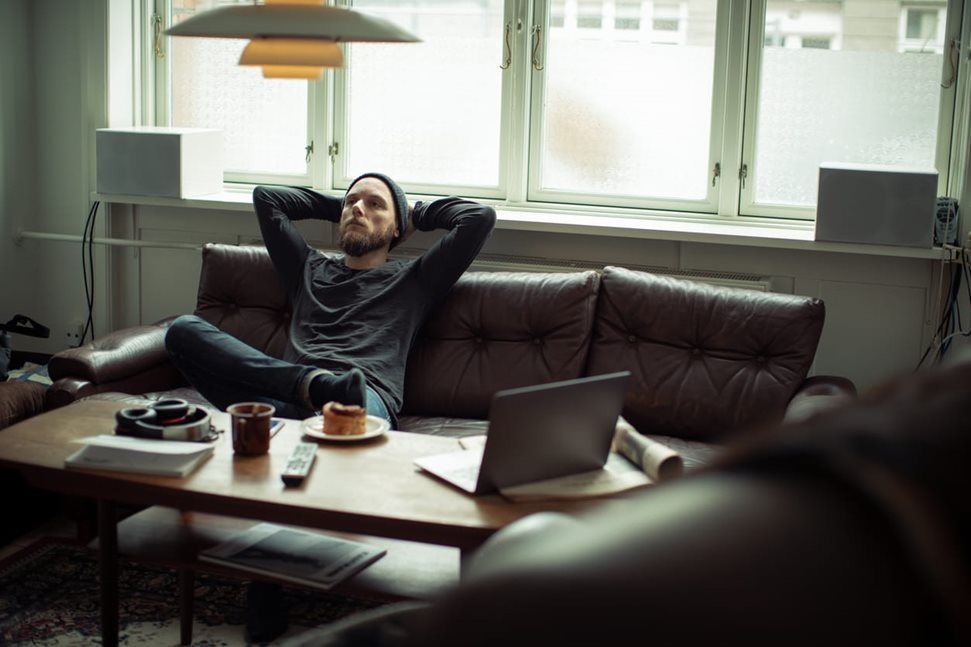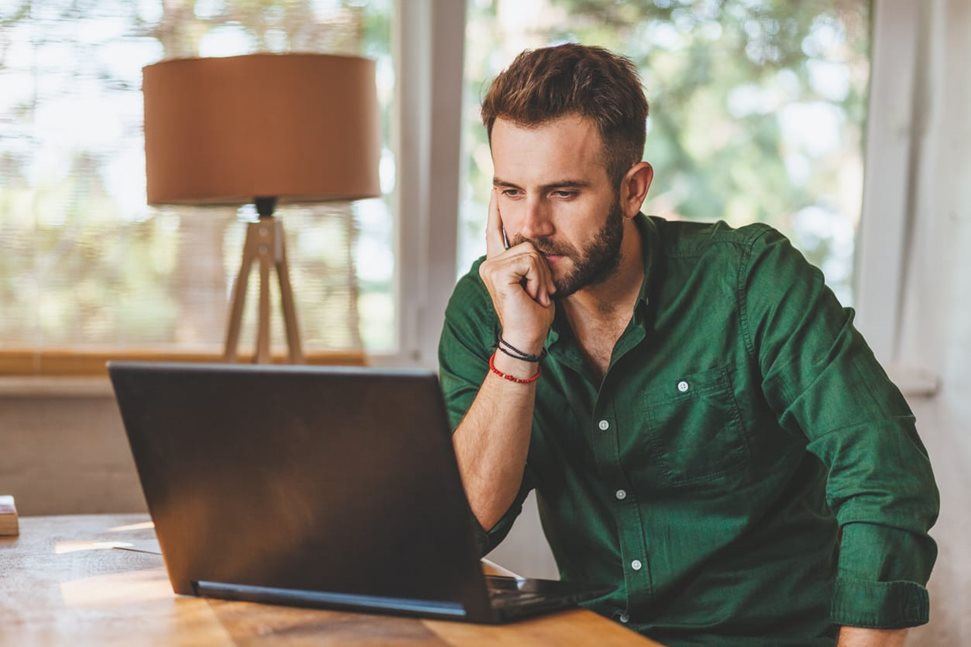Men's Mental Health: It's Ok Not to be Ok

We may have moved into the so-called ‘new normal’, however, lots of people are still working from home, in many cases juggling busy jobs with childcare. Anyone can suffer from anxiety and depression, but as counsellor and psychotherapist John Maguire explains, there’s particular pressure on men to maintain a tough exterior.
It’s Ok Not to be Ok
“The whole idea of ‘boys don’t cry’ is an old myth that’s hard to shake”, John begins. “Many men think they need to be macho. We have to change those attitudes and let them know it’s ok not to be ok.” Lockdown brought with it a whole host of challenges. There were the obvious worries around health and finances, but as John explains, being home all day may have acted like a pressure cooker too. “Before coronavirus, people had various distractions to take their minds off any issues they might have been having. Clients came to me before work or during lunchtime for counselling. That was harder to do when they were stuck at home all day.”

Lack of Privacy When Working From Home
Though lots of EAP (employee assistance programmes) were available virtually throughout lockdown, some men might not have felt comfortable getting in touch. “Not everyone wants to ring a counsellor from home”, says John. “They may not have divulged to their partner that they’re struggling. They need privacy, and may not have any right now.” As well as that, there’s a common tendency among men to bury feelings of anxiety. “When we’re traumatised or overstressed”, says John, “we withdraw, and are less likely to reach out for support. When anxiety triggers us to do something about it, it’s healthy and positive. But it becomes dangerous when it turns into rumination and overthinking.”
Talk to Someone
What would John say to any man who’s currently struggling with his mental health? “Reach out and talk to somebody, don’t keep it to yourself. Find a trusted friend or ring your EAP service.” Face-to-face sessions are back up and running again. “We provide a safe space”, says John. “Building resilience is about reaching out for that support. It doesn’t mean that you immediately bounce back, it means you can ask for help.”
Meditation
Another tool John recommends is meditation. Though many people are intimidated by the idea of sitting with their own thoughts, it can be a hugely beneficial practise. “I never enjoyed meditation until I decided to really commit to it”, he explains. “Only then did it make a difference in my life.” John recommends just ten minutes of uninterrupted quiet time each day. There are a whole load of apps offering guided meditations if you don’t know where to start. “If there’s one thing the last few years have taught us”, he finishes, “it’s that life is uncertain. We don’t know what’s going to happen tomorrow. We need to take each day as it comes and try to live in the moment.”
Created June 2020.
